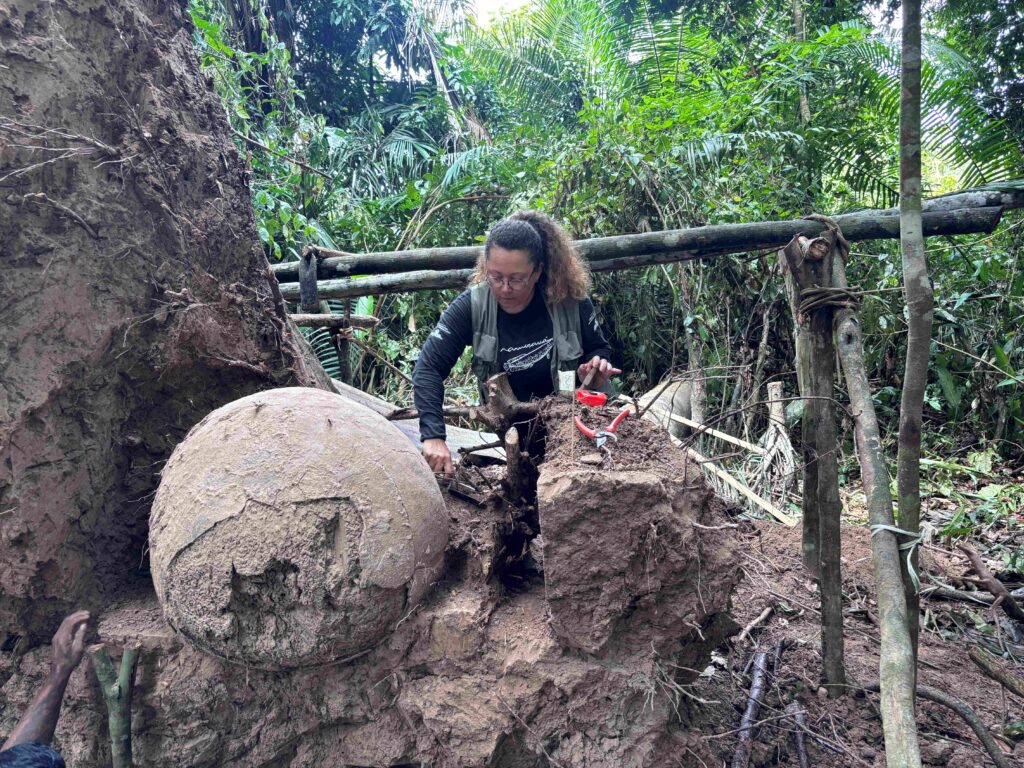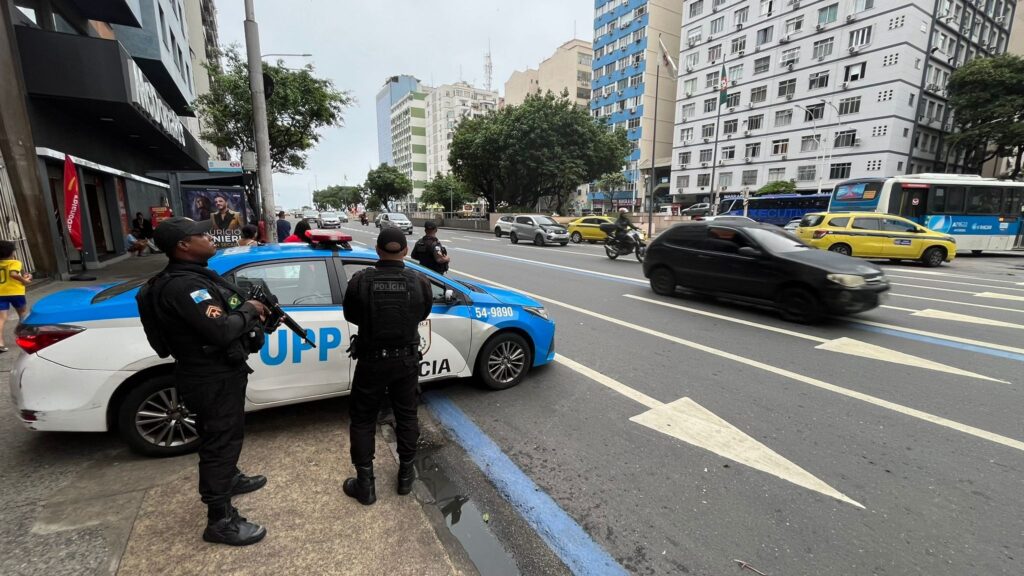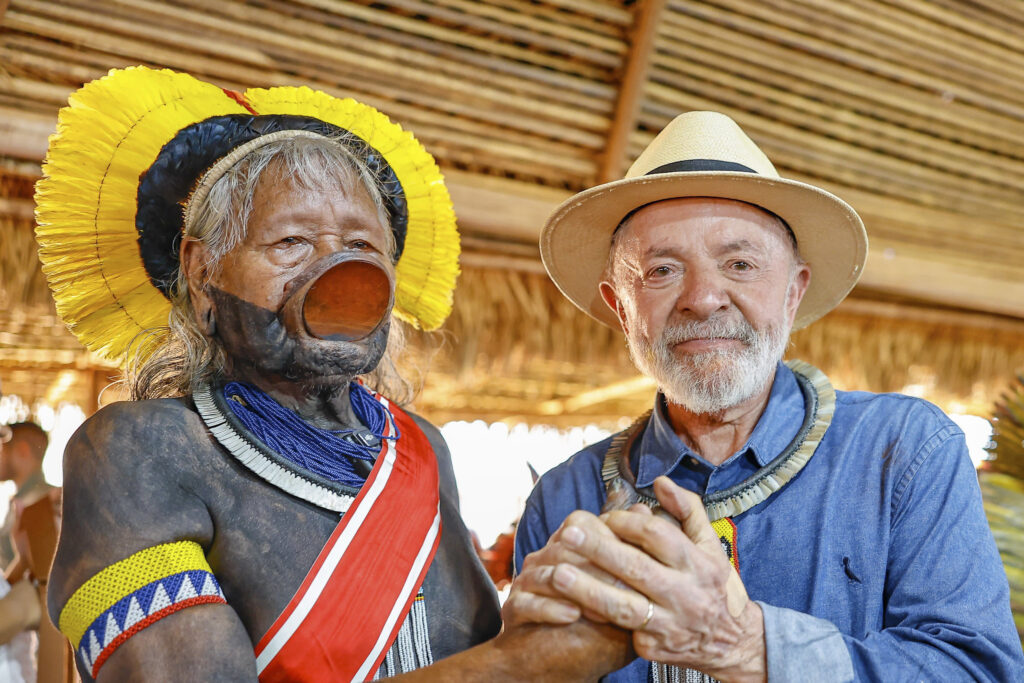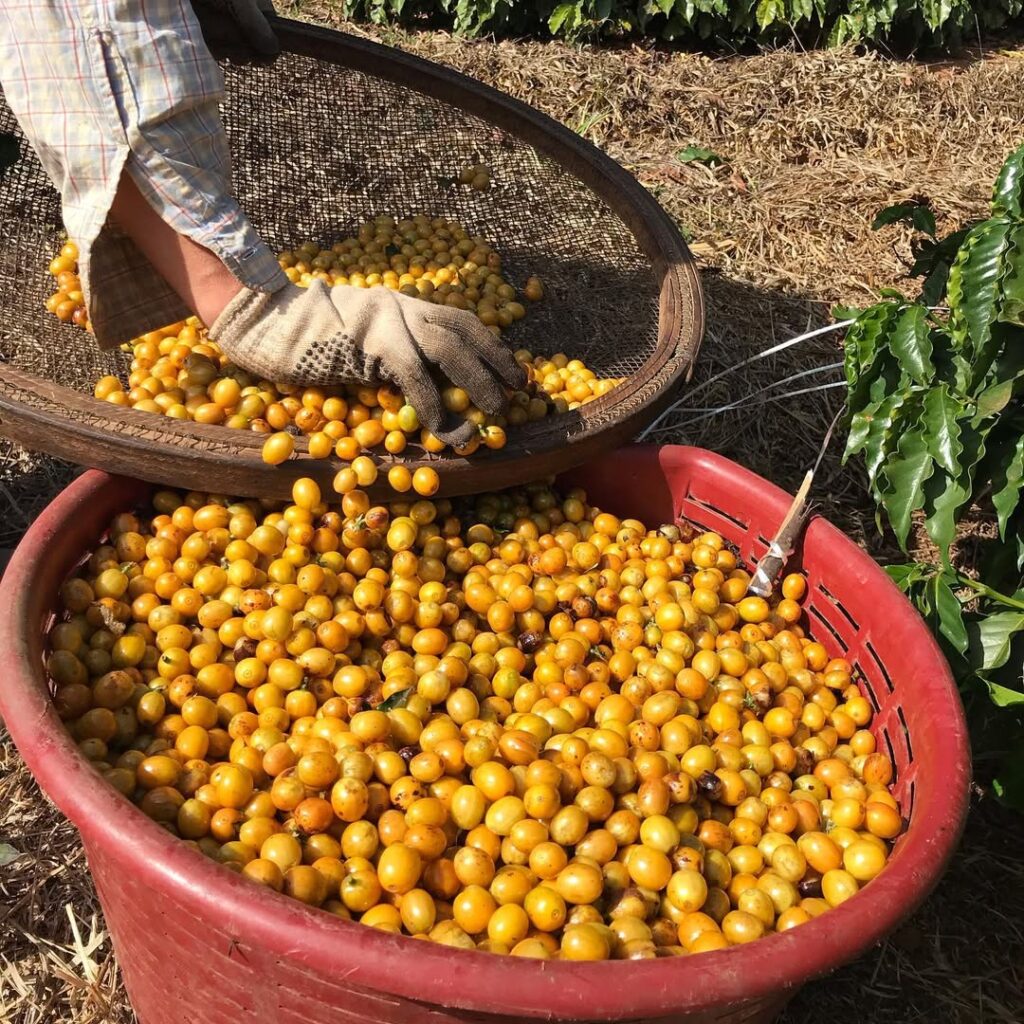São Paulo, Brazil – The board of directors for the Brazilian Health Surveillance Agency (Anvisa) voted unanimously on April 19 to maintain a ban on the sale of electronic cigarettes, known as e-cigarettes, vaporizers or “vapes.”
Manufacturing, selling, importing and advertising vapes has been banned in the country since 2009, but even so, e-cigarettes are easily found in small shops and online stores across Brazil. And consumption, especially among young people, is on the rise.
According to a survey by the Brazilian Institute of Geography and Statistics (IBGE), a federal government agency that gathers population data, 16.8% of students aged 13 to 17 said they had tried vaping at least once in their lives.
Also, data from Covitel, which carries out surveys related to health matters, reveal that 4 million people have already used electronic cigarettes in Brazil, even though sales have not been authorized for 15 years.
In 2022, Anvisa approved a technical report that indicated the need to maintain the ban and to adopt additional measures to curb irregular sales of e-cigarettes, including more inspections and educational campaigns about the harms of vaping.
The case was discussed again by the agency last week, after a public consultation was held to hear contributions from experts, vape manufacturers as well as consumers. Once more, Anvisa took a stance against the sale of vapes and based the decision on four main points.
The first was the increase in smoking among young people in countries that have allowed vaping, such as the United States and the United Kingdom. The second was the addictive potential of e-cigarettes – although manufacturers say that electronic cigarettes are less addictive, recent research shows that vapes can contain up to 20 times more nicotine than regular cigarettes.
Anvisa also highlighted the lack of long-term studies on the effects of vaping on consumers’ health, especially lung diseases. Finally, the agency mentioned the impacts that allowing vapes would have on Brazil’s overall tobacco control policies — which have been lauded internationally.
In July 2019, Brazil became the second country to fully implement all measures set out by the World Health Organization (WHO) with the aim of reducing tobacco consumption and protecting people from chronic non-communicable diseases.

While casting his vote to maintain the vape ban, Anvisa President Antônio Barra Torres mentioned a WHO publication from December 2023, which warns that “based on current evidence, it is not recommended that governments allow the sale of cigarette electronics.”
He also defended new measures to avoid the irregular sale of vapes, such as joint actions with the Ministry of Education in educational campaigns, and more inspections to seize illegal products.
In addition to the debate at Anvisa, there is a bill in the Senate that discusses authorization for the production, import, export and consumption of electronic cigarettes in Brazil. The proposal is still in its early stages and does not have a date for voting.
Healthcare sector position
The Brazilian Medical Association (AMB) agreed with Anvisa’s position and stated that the absolute majority of vapes contain a lot of nicotine, which comes in liquid form, with strong additive power, flavorings and substances intended to produce a smoother vapor, to facilitate inhaling and absorption.
“Hundreds of substances have been identified in aerosols, many of which are toxic and carcinogenic,” said the association.
The Brazilian Society of Pulmonology congratulated Anvisa on the decision and said that “numerous studies have shown that vapes are not a safe alternative to conventional smoking and present significant risks to lung health.”
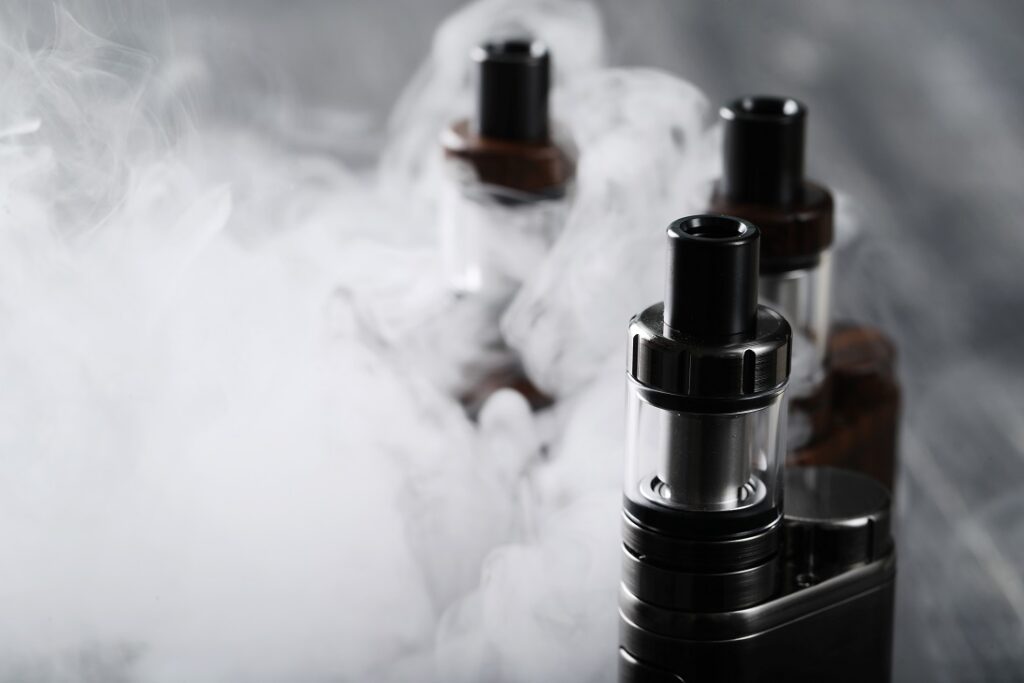
Tobacco industry position
Cigarette manufacturers, on the other hand, criticized the decision. The Brazilian Tobacco Industry Association (ABIFUMO) said that banning vapes is “ignoring the learning of more than 80 countries that have already authorized their sale with clear rules for control, restriction of points of sale and taxation of manufacturers.”
Philip Morris Brasil, a major company in Brazil’s tobacco sector, said that “maintaining the ban on vapes is out of step with the uncontrolled growth of the illicit market, proven to be accessible to around 4 million Brazilians who use a product daily without any control of quality.”



